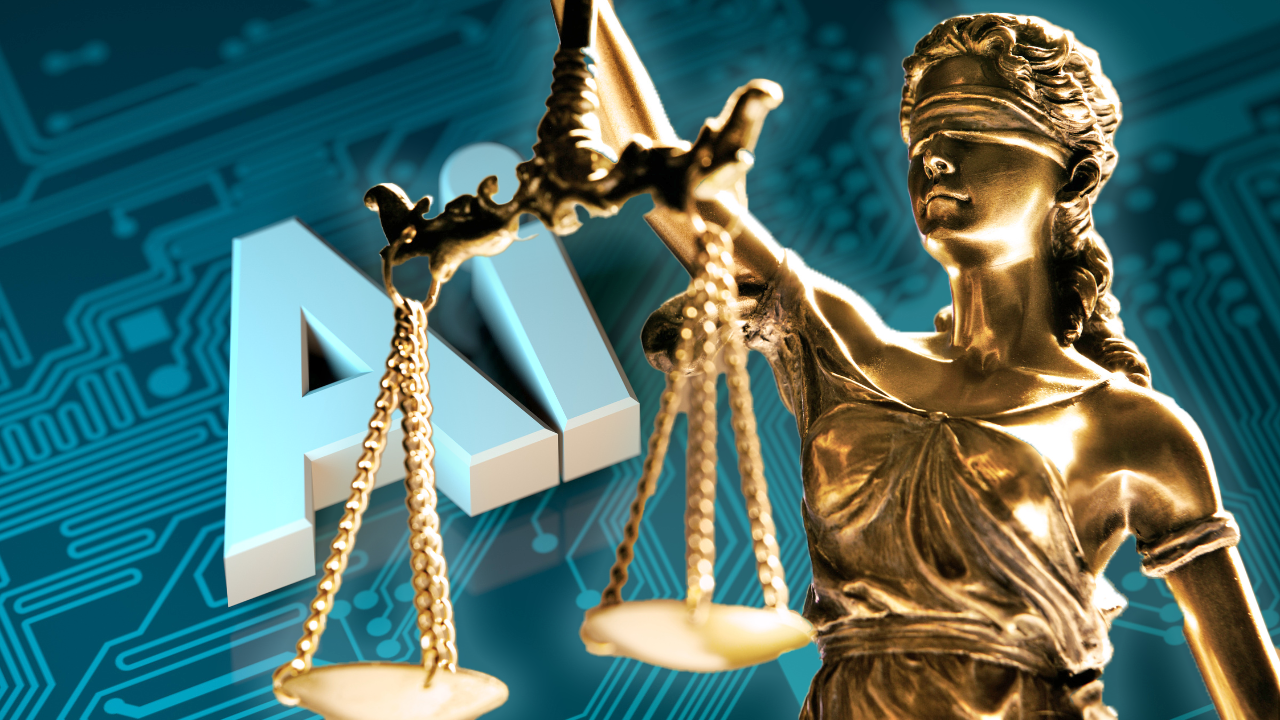Introduction
The legal world is no longer just about thick books, courtrooms, and hours of human deliberation. Artificial Intelligence (AI) is stepping in, revolutionizing how lawyers work and clients access justice. From document drafting to predicting case outcomes, AI is transforming legal services in ways that are both exciting and, let’s face it, a little intimidating.
How AI is Changing Legal Services
1. Document Review and Drafting
- AI-powered tools like LawGeex can review contracts faster than the average lawyer.
- Efficiency:
- What used to take hours can now be done in minutes with higher accuracy.
2. Legal Research
- Platforms like ROSS Intelligence use AI to search case law, statutes, and legal precedents.
- Why It’s a Game-Changer:
- Lawyers can focus on strategy rather than spending days digging through archives.
3. Predictive Analytics
- AI analyzes past cases to predict outcomes and settlement probabilities.
- Example:
- A client can know their chances of winning a case before stepping into court.
4. Chatbots for Legal Advice
- AI bots like DoNotPay help users contest parking tickets or understand tenant rights.
- Accessibility:
- Makes basic legal help affordable and available 24/7.
5. E-Discovery
- Tools like Everlaw sift through vast amounts of digital data for relevant information.
- Efficiency:
- Reduces costs in large-scale litigation involving emails, documents, and records.
The Benefits of AI in Legal Services
1. Cost Savings
- Automation reduces billable hours, making legal services more affordable.
2. Speed
- Tasks like contract review and legal research are completed faster than ever.
3. Accessibility
- AI tools democratize legal help, offering services to those who might not afford traditional representation.
4. Accuracy
- AI minimizes human error, ensuring precise analysis and document preparation.
Challenges and Concerns
1. Ethical Dilemmas
- Who’s responsible if AI makes a mistake? Can clients sue a bot?
- Solution:
- Clear guidelines and human oversight are essential.
2. Loss of Jobs
- Automation may reduce the need for paralegals and junior lawyers.
- Counterpoint:
- New roles in AI oversight and legal tech development are emerging.
3. Data Privacy
- Storing sensitive legal information on AI platforms raises security concerns.
- Solution:
- Strong encryption and compliance with data protection laws are non-negotiable.
Real-World Examples
- CaseText’s CARA AI:
- Helps lawyers find relevant case laws quickly, saving hours of research time.
- DoNotPay’s Chatbot:
- Successfully helped users win over 160,000 parking ticket disputes.
- Luminance:
- Used by law firms to identify risks in contracts with unmatched speed and accuracy.
What the Future Holds
1. Fully Automated Legal Services
- Imagine resolving disputes or drafting contracts without ever talking to a human.
2. AI-Assisted Courtrooms
- Virtual judges or AI-powered mediators might handle small claims and routine cases.
3. Personalized Legal Advice
- AI could provide tailored legal strategies based on your unique circumstances.
4. Collaboration Between AI and Humans
- The future isn’t about AI replacing lawyers but enhancing their capabilities.
Conclusion
AI is transforming the legal field, making services faster, cheaper, and more accessible. While challenges like privacy and ethical concerns remain, the potential benefits are enormous. Lawyers, clients, and tech enthusiasts should embrace this brave new world because the future of legal services isn’t just coming—it’s already here.




Leave a Reply